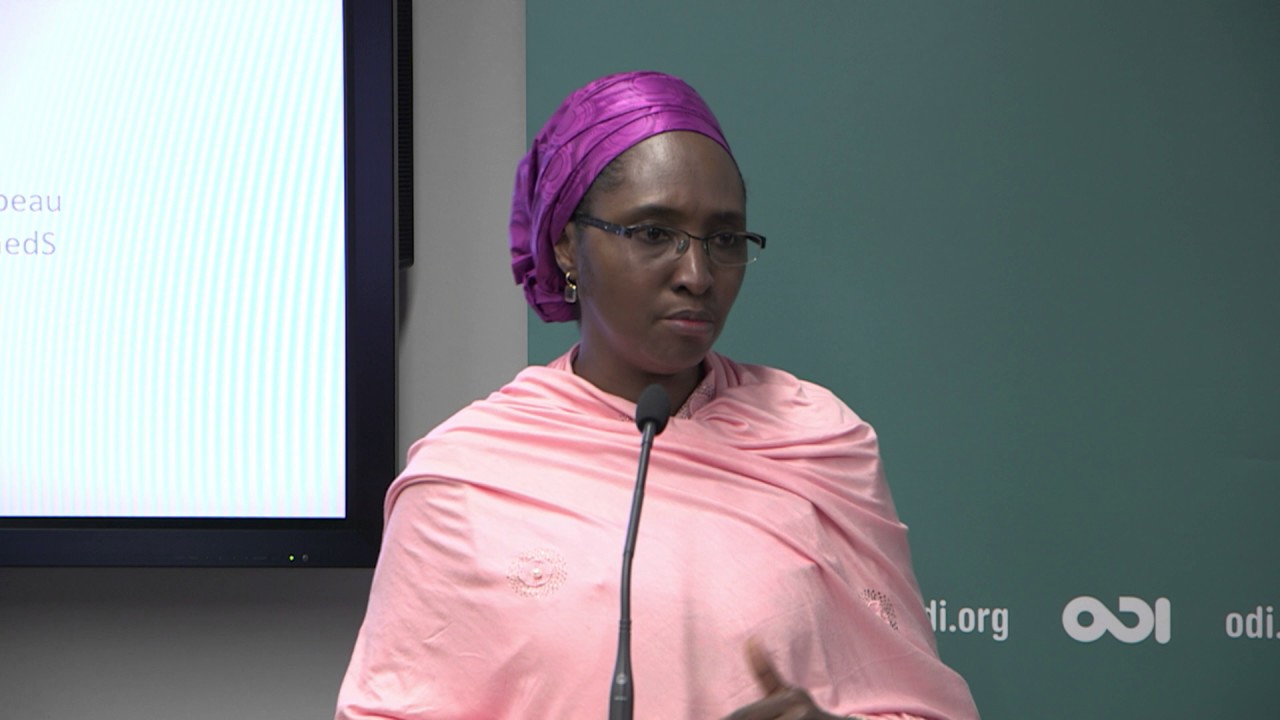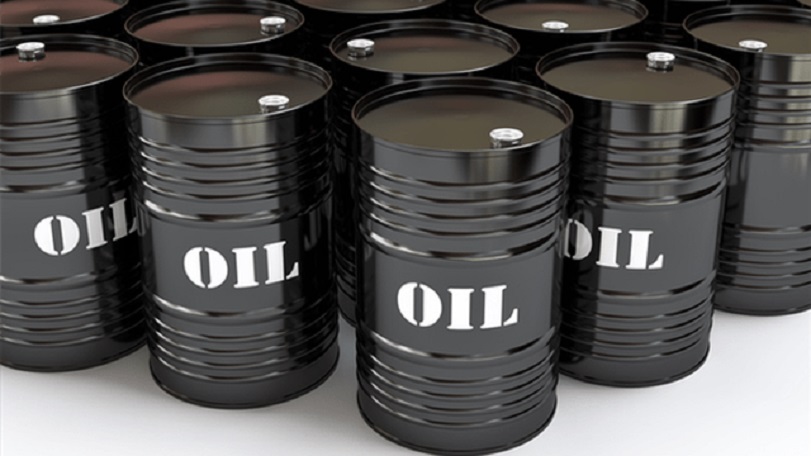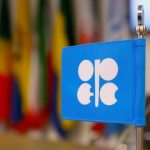Economy
FG to Tackle Domestic Revenue Mobilisation Issues

By Aduragbemi Omiyale
The federal government has expressed worry over the poor revenue mobilisation strategy in the country and is working tirelessly to address it.
The Minister of Finance, Budget and National Planning, Mrs Zainab Ahmed, at the 2021 International Women’s Day (IWD) commemoration said this was top on the agenda of the administration of President Muhammadu Buhari.
She further said the government was “also working to ensure that our public financial management processes are more gender-sensitive and that credible disaggregated data is available. Such a focus will yield sustainable and scalable change.”
Mrs Ahmed said, “To make the critical investments necessary to close the gender gap and secure the economic empowerment of women and girls, we must address the longstanding challenge of domestic revenue mobilisation. We are, therefore, working to develop the second phase of the Strategic Revenue Generation Initiatives (SRGI).”
According to her, the administration of Mr Buhari has continued to make life better for women, noting that through the implementation of Finance Acts 2019 and 2020, the federal government of Nigeria is providing tax relief and other support to micro, small and medium enterprises (MSMEs), many of which are women-owned.
“We are also scaling up existing and developing new interventions at the intersection of gender equality and fiscal policy/public financial management.
“These include gender-responsive budgeting, and assessments of the gender responsiveness of key fiscal interventions (including fiscal stimulus packages) with specific commitments aimed at improving the safety, livelihoods, and economic status of women and girls.
“This is an area in which we at the Ministry of Finance, Budget and National Planning are focusing more deliberately and will be prioritising, in partnership with the Ministry of Women Affairs and other critical stakeholders,” she said.
In her opinion, gender equality and women’s economic empowerment remain critical to ensuring inclusive and sustainable development. “If we fail to act now, the goals espoused in the 1995 Beijing Declaration and Platform for Action, the 2030 Agenda for Sustainable Development, and the African Union’s Agenda 2063 will remain out of reach.”
The Minister noted that this year’s theme Women in leadership: Achieving An Equal Future In A COVID-19 World is a resounding call to celebrate the unfailing resilience and inspiring leadership of women and girls around the world.
“At the country level, our champions include, the Minister of Women Affairs, Dame Pauline Tallen, who has been a tireless advocate for gender equality and has taken a bold stand in the campaign to end violence against women and girls.
“Internationally, we can count Deputy Secretary-General, Mrs Amina Mohammed, and recently appointed World Trade Organisation (WTO) Director-General, Mrs Ngozi Okonjo-Iweala, amongst our gender advocates and champions of change.”
Economy
SEC Revokes Operating Licence of Kensington Agro Trading Ltd

By Aduragbemi Omiyale
The operating licence of a capital market operator, Kensington Agro Trading Limited, has been revoked by the Securities and Exchange Commission (SEC).
The capital market regulator, in a circular dated February 09, 2026, disclosed that the action “pursuant to the powers of the commission under Section 61(6) of the Investments and Securities Act, 2025, and Rule 34(1) of the SEC Rules and Regulations 2013, as amended.”
The disclosure noted that the revocation of the licence of the company was “with immediate effect.”
The reason for withdrawing the operating licence of Kensington Agro Trading Limited was not stated in the notice.
“The Securities and Exchange Commission hereby notifies the general public of the revocation of the registration of Kensington Agro Trading Limited as a capital market operator (Commodity Broker/Dealer and Collateral Manager) with immediate effect.
“The revocation of the company’s registration is invoked pursuant to the powers of the Commission under Section 61(6) of the Investments and Securities Act, 2025, and Rule 34(1) of the SEC Rules and Regulations 2013, as amended.
“Accordingly, Commodity Exchanges, the investing public, commodity traders, and all Capital Market Stakeholders are advised to discontinue capital market-related dealings with the company,” the circular signed by the management noted.
Economy
CBN Data Shows 25% Drop in Nigeria’s Oil Earnings to N877bn in December

By Adedapo Adesanya
The latest off-cycle data released by the Central Bank of Nigeria (CBN) has revealed that Nigeria’s revenue from the oil and gas industry dipped by 25.04 per cent to N877.176 billion in December 2025, compared with N1.17 trillion received from energy firms in November 2025
In its presentation to the Federation Account Allocation Committee (FAAC) on receipts and expenditures for December 2025, the CBN disclosed that the amount earned from the oil and gas industry in the month under review represented 95.65 per cent of the sector’s budgeted revenue of N917.064 billion for the month.
In comparison, revenue from the petroleum industry in November 2025 accounted for 96.38 per cent of the N1.474 trillion budgeted for the sector in November 2025.
Providing a breakdown of revenue from the industry in December 2025, the CBN stated that the country earned N772.727 million from crude oil sales, dropping by 97.92 per cent from N37.134 billion recorded in November 2025; while the it recorded revenue of N9.019 billion from gas sales, rising by 24.14 per cent from N7.265 billion recorded in November.
Furthermore, the financial sector apex regulator noted that revenue from crude oil royalties dipped by 12.52 per cent to N514.288 billion in the month under review, from N587.865 billion recorded in the previous month; while receipts from miscellaneous oil revenue grew by 97.5 per cent to N2.678 billion in December 2025, from N1.356 billion in the previous month.
It also stated that royalties from gas appreciated by 124.91 per cent to N21.153 billion in December, from N9.405 billion in November 2025; revenue from gas flared penalties stood at N48.858 billion, down by 5.76 per cent from N51.842 billion in November, while revenue from Companies’ Income Tax (CIT) from upstream oil industry operations stood at N73.066 billion, as against N106.106 billion in the previous month.
The CBN further revealed that revenue from Petroleum Profit Tax (PPT) stood at N79.247 billion; rentals – N1.5 billion; while taxes stood at N126.594 billion, compared with N301.471 billion. N775.162 million, and N67.242 billion, respectively, in November 2025.
In addition, the CBN reported that from the country’s oil and gas revenue in December 2025, N18.163 billion was deducted for 13 per cent refund on subsidy, priority projects and Police Trust Fund from 1999 to 2021; while N8.761 billion was deducted by the Nigerian National Petroleum Corporation Limited (NNPCL), in respect of its 13 per cent management fee and frontier exploration fund.
It added that N23.724 billion was deducted and collected by the Nigerian Upstream Petroleum Regulatory Commission (NUPRC) in December 2025, being four per cent of the cost of collection; while N46.903 billion was transferred to the Midstream and Downstream Gas Infrastructure Fund from gas flared penalties in the same month.
Economy
Nigeria Begins Implementation of Executive Order 9 on Oil Earnings

By Aduragbemi Omiyale
On Saturday, February 28, 2026, the Implementation Committee for Executive Order 9 held its inaugural meeting, headed by the Minister of Finance and Coordinating Minister of the Economy, Mr Wale Edun.
The panel, at the gathering, reaffirmed the directive of President Bola Tinubu that revenues accruing to the federation from petroleum operations must be handled in a manner that upholds constitutional principles, protects revenues accruable to the nation, and supports the fiscal stability of all three tiers of government.
It approved the establishment of a technical subcommittee to develop the detailed guidelines for the transition to direct remittance within three weeks, and commence a review of the Petroleum Industry Act (PIA) to address structural and fiscal anomalies that weaken Federation revenues.
It was agreed that the subcommittee would be led by the Special Adviser to the President on Energy, and will include the Solicitor-General of the Federation and Permanent Secretary Federal Ministry of Justice, the Chairman of the Nigeria Revenue Service, and the Chairman of the Forum of Commissioners of Finance, representatives of the Minister of State Petroleum Resources, Oil, with secretarial support from the Budget Office of the Federation.
The committee promised to provide coordinated guidance and timely updates as implementation progresses. It commended the cooperation of all stakeholders in advancing the President’s efforts to ensure that Nigeria’s petroleum resources deliver tangible, measurable benefits to citizens across the Federation.
Under the new order, Mr Tinubu directed that NNPC Limited shall cease, with immediate effect, the collection of the 30 per cent management fee and the 30 per cent frontier exploration fund deductions from profit oil and profit gas under Production Sharing Contracts (PSCs).
Additionally, all remittances of gas flare penalties into the Midstream and Downstream Gas Infrastructure Fund (MDGIF) are suspended with immediate effect, in line with the Executive Order.
With respect to Section 2, Sub-section 3 of the Executive Order on direct payments by contractors into the Federation Account, the panel agreed that this transition must be implemented in a manner that respects existing contractual and financing arrangements, and maintains investor confidence.
For this reason, the committee approved a defined transition period for the operationalisation of direct payments by contractors of profit oil, royalty oil, and tax oil into the Federation Account.
Until the Committee issues detailed guidelines, contractors will continue to remit under the current process. During the transition period, the Committee will issue clear, standardised guidance to ensure an orderly changeover.
-

 Feature/OPED6 years ago
Feature/OPED6 years agoDavos was Different this year
-
Travel/Tourism10 years ago
Lagos Seals Western Lodge Hotel In Ikorodu
-

 Showbiz3 years ago
Showbiz3 years agoEstranged Lover Releases Videos of Empress Njamah Bathing
-

 Banking8 years ago
Banking8 years agoSort Codes of GTBank Branches in Nigeria
-

 Economy3 years ago
Economy3 years agoSubsidy Removal: CNG at N130 Per Litre Cheaper Than Petrol—IPMAN
-

 Banking3 years ago
Banking3 years agoSort Codes of UBA Branches in Nigeria
-

 Banking3 years ago
Banking3 years agoFirst Bank Announces Planned Downtime
-

 Sports3 years ago
Sports3 years agoHighest Paid Nigerian Footballer – How Much Do Nigerian Footballers Earn













